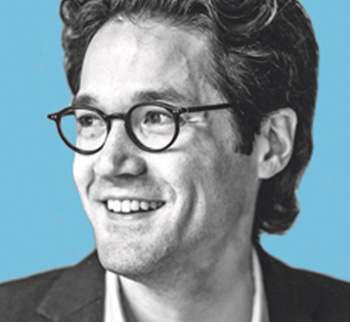This is the first Yom Kippur since I published my book Forgiveness: A Gift from My Grandparents. To be sure, I have had – at best – a distant understanding of this holy day. It always sounded rather ominous to me: the Day of Atonement.
I never really understood what it all meant. How – exactly – does one cause a transgression to be forgiven or pardoned?
It took me two years and countless hours of interviewing my own family to come to ground on the central tenet of atonement. It starts, and ends, and starts again with one terribly complicated act: forgiveness. This is what my grandparents taught me. This was their final gift to me. I’m unspeakably grateful I found it in time.
In the spring of 1942, my Grandpa Hideo and Grandma Mitsue Sakamoto, both Canadian-born citizens, were living productive lives in Vancouver. They had several fishing vessels, a nice house, and were deeply rooted in their community. Then their government turned on them. They were cast out of their homes, their province and their lives. They were shipped to southern Alberta and forced to live in a modified chicken coop. They worked day and night on a sugar beet farm for subsistence wages. They spent the summers baking in the heat and the winters freezing to the bone. Their only crime was their ethnicity.
Indeed, dignity was stolen, burdens shouldered and lives lost, both on the battlefield and on the home front of World War II. Despite suffering such cruelties, our family instilled in us a deep sense of respect and understanding, both for ourselves and for others – not by preaching about them, but by living them.
Our grandparents simply refused to pass on to their children the wrongs that were committed against them. This is, above all, the shared legacy they bequeathed to their children, grandchildren and great-grandchildren. It is one of hope, one of strength. This is what real forgiveness looks like. This is atonement.
I often wondered: how did they do it? How were my grandparents able to let go of those most injurious of years?
This is the shocking thing about forgiveness: it has almost nothing to do with the past. Forgiveness is all about the future. It is the one device we have at our disposal that enables us to look to tomorrow with a brave and hopeful heart. It is the one escape hatch from the devastating yesterdays.
Seen through this light, forgiveness becomes a daily act. It becomes a way of life. Lived in this way, it liberates your heart. And, in this newfound freedom, your soul finds space. To grow. To acknowledge. As our nation’s poet, Leonard Cohen, sang, “There is a crack in everything, that’s how the light gets in.”
And so I’d like to end this piece with a ray of light I uncovered in the darkest of days in my family’s history. At the conclusion of World War II, the Canadian government passed legislation that would send every Japanese Canadian – regardless of whether they were born in Canada or not – to the war-ravaged nation of Japan. Darkness reigned here in Canada. There was but one ray of light and it came from the Holy Blossom Temple in Toronto.
Speaking to more than a thousand protestors, Rabbi Abraham Feinberg, solemnly spoke against the bill: “I am here on behalf of six million Jews who were slaughtered… for no reason other than being Jews… The ghost of Hitler still walks in Canada. The thing for which Hitler stood has been inscribed on the order-in-council which punishes little children for crimes they couldn’t commit.”
It is difficult to overestimate the weight of Rabbi Feinberg’s words. Japanese Canadians were thankful for the crack. It let the light in. I am here because of it. It kept my family in Canada.
I wish you an easy fast – and a bright tomorrow. n
Forgiveness: A Gift from my Grandparents was a #1 bestseller on the Globe and Mail’s national list
